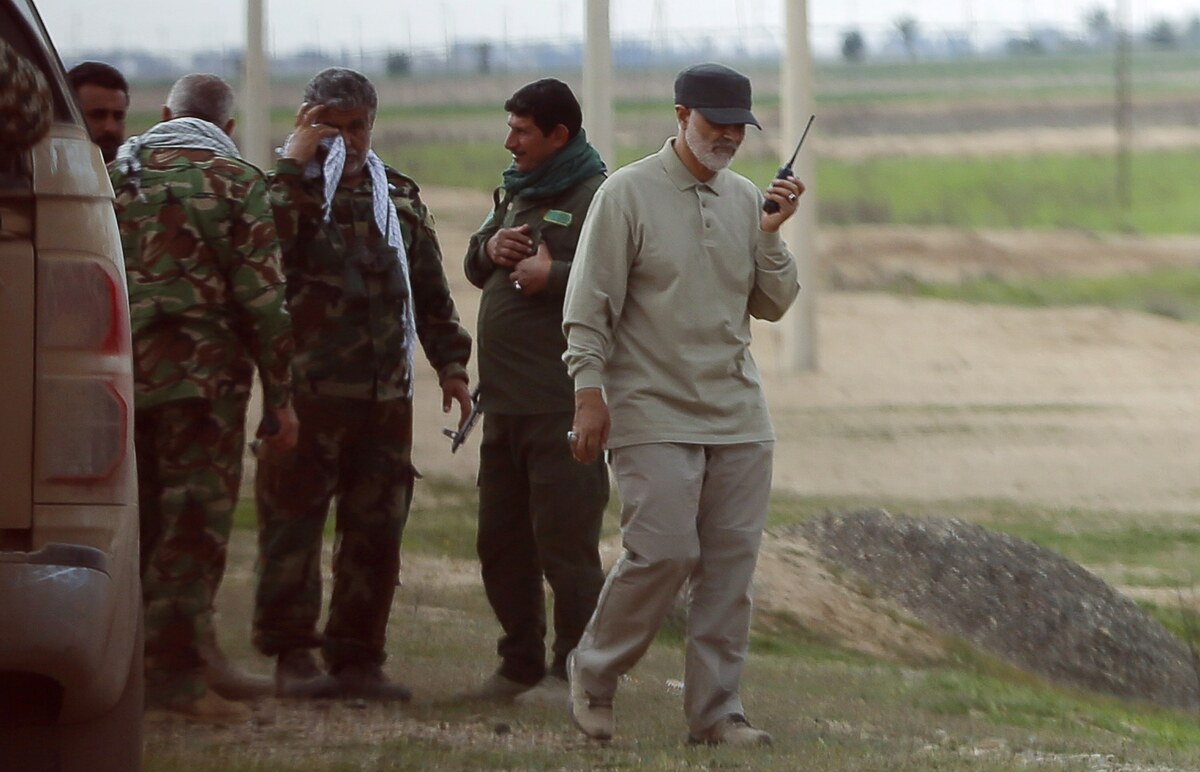The role of Martyr Soleimani in the formation of the global resistance

The fifth anniversary of the martyrdom of Martyr Hajj Qassem Soleimani is an opportunity to review this great commander in the formation of the resistance system. When we talk about a system, our definition of it refers to the cause-effect, reciprocal and continuous relationships that exist between its components and pillars. Making the "axis of resistance" into a "system of resistance" was unquestionably Martyr Soleimani's greatest accomplishment. We saw the establishment of the axis of resistance following the success of the Iranian Islamic Revolution. an alliance comprising Hamas, Hezbollah, and Iran.
After 2012, the rise of Takfiri terrorism associated with the United States and the occupying regime (of which ISIS and the Nusra Front were two tangible manifestations and emblems) led to the responsible and powerful presence of the sides of the resistance in Syria and Iraq. This is where we saw the axis of resistance grow and become a front.
The transition from the "resistance axis" to the "resistance system" was marked by the creation of the Resistance Front, which served as both a boundary and a halfway point. Common operational objectives take precedence over other underlying and super structural relationships on a front. Usually, the front turns into a field. The resistance entered a new stage of its existence as a result of the creation of the Iraqi Popular Mobilization Forces on the one hand, and the link between the Yemeni resistance and resistance groups in other regions on the other.
In contrast to the years prior to its appearance in the arena of combating Takfiri-Zionist terrorism, the geometric shape and strategic depth of the resistance changed, and we were not confronted with a linear and constrained relationship—and that too in the form of an axis between Iran, Hezbollah, and Hamas.
Undoubtfully the most crucial quality of General Soleimani in leading the field was his tactical mastery and strategic comprehension of the enemy's battleground on the battlefield (resistance front). As a result of General Soleimani's ability to quickly, logically, and intelligently combine strategies and tactics, the resistance front was able to respond decisively to the enemy' field conspiracies while also taking targeted and timely actions. In light of this profound and strategic perspective, the resistance front's flanks were connected to one another.
Today, the resistance system and its affiliates are standing powerfully and honorably against the occupying regime of Jerusalem, America, and its regional and supra-regional puppets. Targeting the resistance discourse, which is the fundamental signifier of the resistance system, and bolstering the discourse of compromise with the Zionist adversary throughout the region are unquestionably Washington and Tel Aviv's shared objectives. However, the resistance mechanism is significantly more intricate and stable than what the opponents anticipate.